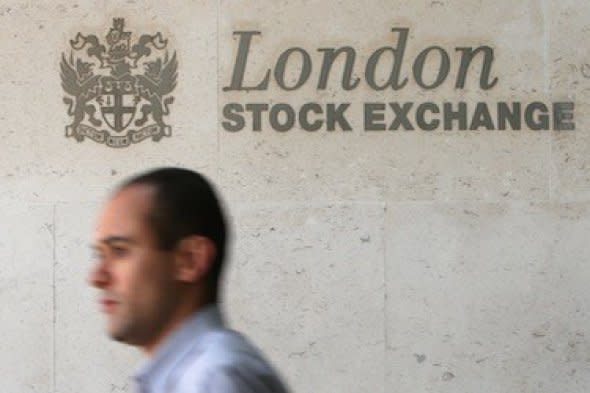Updates from Balfour Beatty, MITIE and Synthomer

The FTSE 100 lost 30 points on Friday, taking the index to 6,567.3. Schroders and Smiths Group took the deepest cuts, slipping 2.68% (to 2213p) and 2.50% (to 1248p) respectively while Tullow Oil also saw pressure, down 2.41% to 710p. Hargreaves Landsdown, on the other hand, climbed 3.24% to 1084p. Royal Mail shares also lifted, up 3% to 426.50p.
Across the water, the Dow Jones climbed 1.13% to 16,553.9, up 185.6 points helped by better US-Russian-Ukrainian sentiment and Chinese trade numbers. %VIRTUAL-SkimlinksPromo%
We start with some clarity on Balfour Beatty's rejection of Carillion's merger offer. Balfour says one of the reasons it rejected the move is the removal of profitable business opportunities, taking away future earnings recovery potential from its Construction Services UK arm it claims.
"Significant execution risk" with the integration of the two businesses would be increased by any material revenue reduction in Balfour Beatty's Construction Services UK business, claims Balfour.
Meanwhile there's underlying half-year pre-tax profits of £22 million (compared to 2013's £47 million) with earnings per share of 3.9 pence (2013: 6.6 pence).
Next, MITIE says 90% of budgeted revenues for this financial year had been secured (30 June 2013: 89%), with phasing on a number of contracts expected to result in overall performance being weighted towards the second half of the financial year.
"We have," says the company, "a substantial order book as well as a strong pipeline of sales opportunities, giving us confidence that we will deliver good full-year organic revenue growth."
Its balance sheet remains strong. It now has a credit facility of £275m to July 2019, which will mature in July 2019, up from £250m, due to expire next September.
Finally, polymer player Snythomer reports operating profit slightly down in the US and Europe but 1.9% up on a constant currency basis, with higher volumes and cash margins firming from H2 2013 levels.
There's an updated dividend policy: 2.5 times dividend cover effective 2014 with the interim dividend increased by 25% to 3.0 pence.
"Together with the impact of currency," says the company, "we expect full year underlying profit before tax to be broadly in line with the level achieved in 2013."




